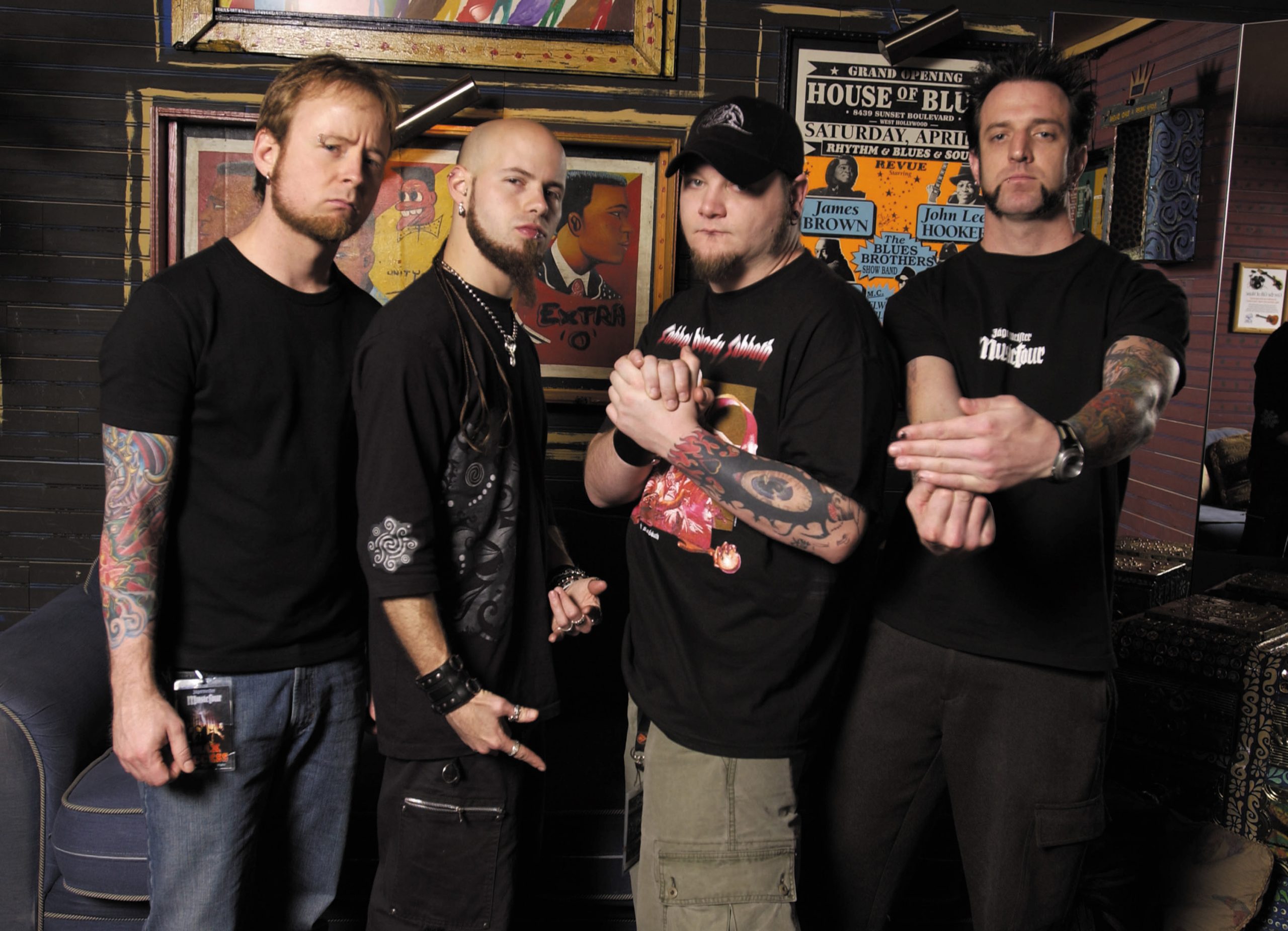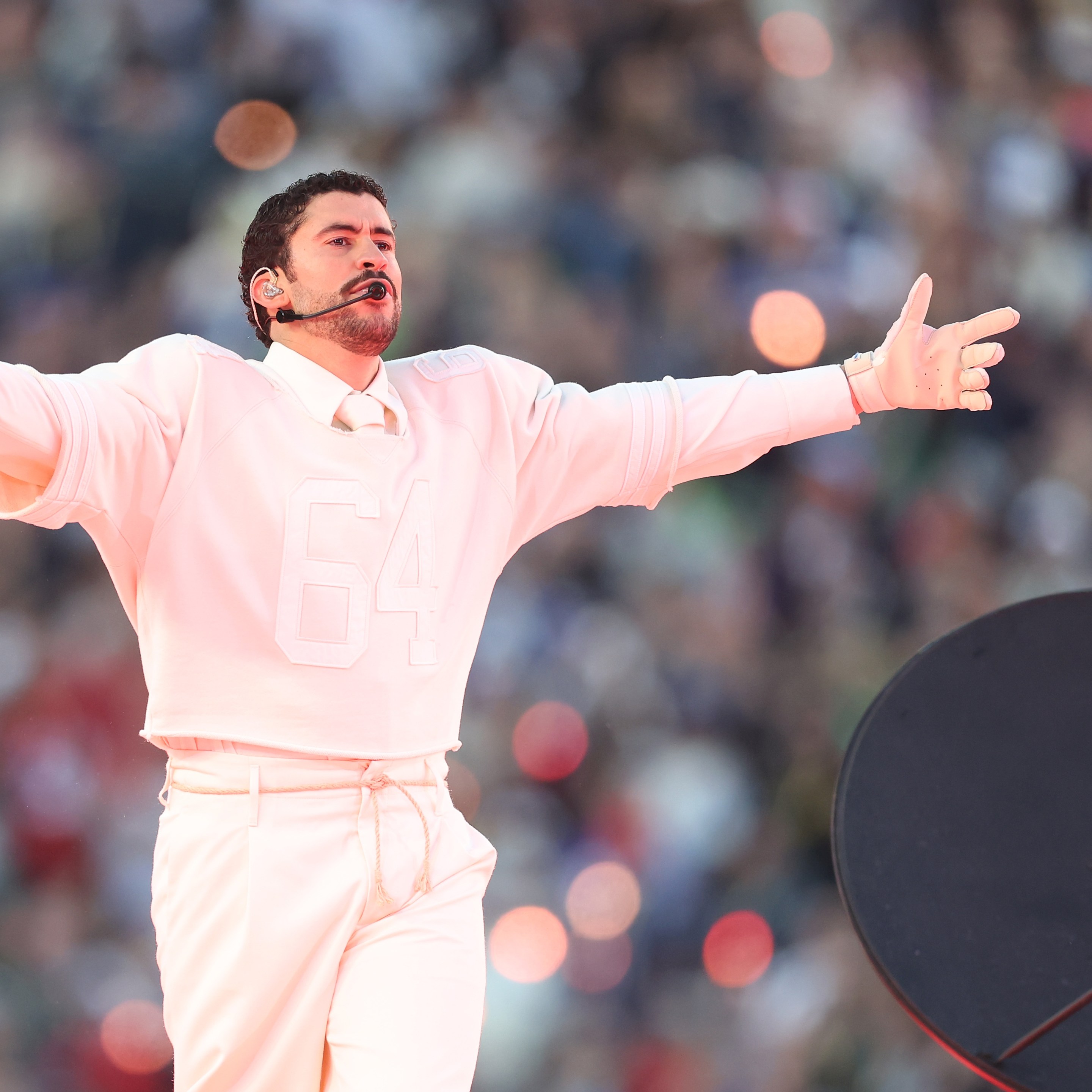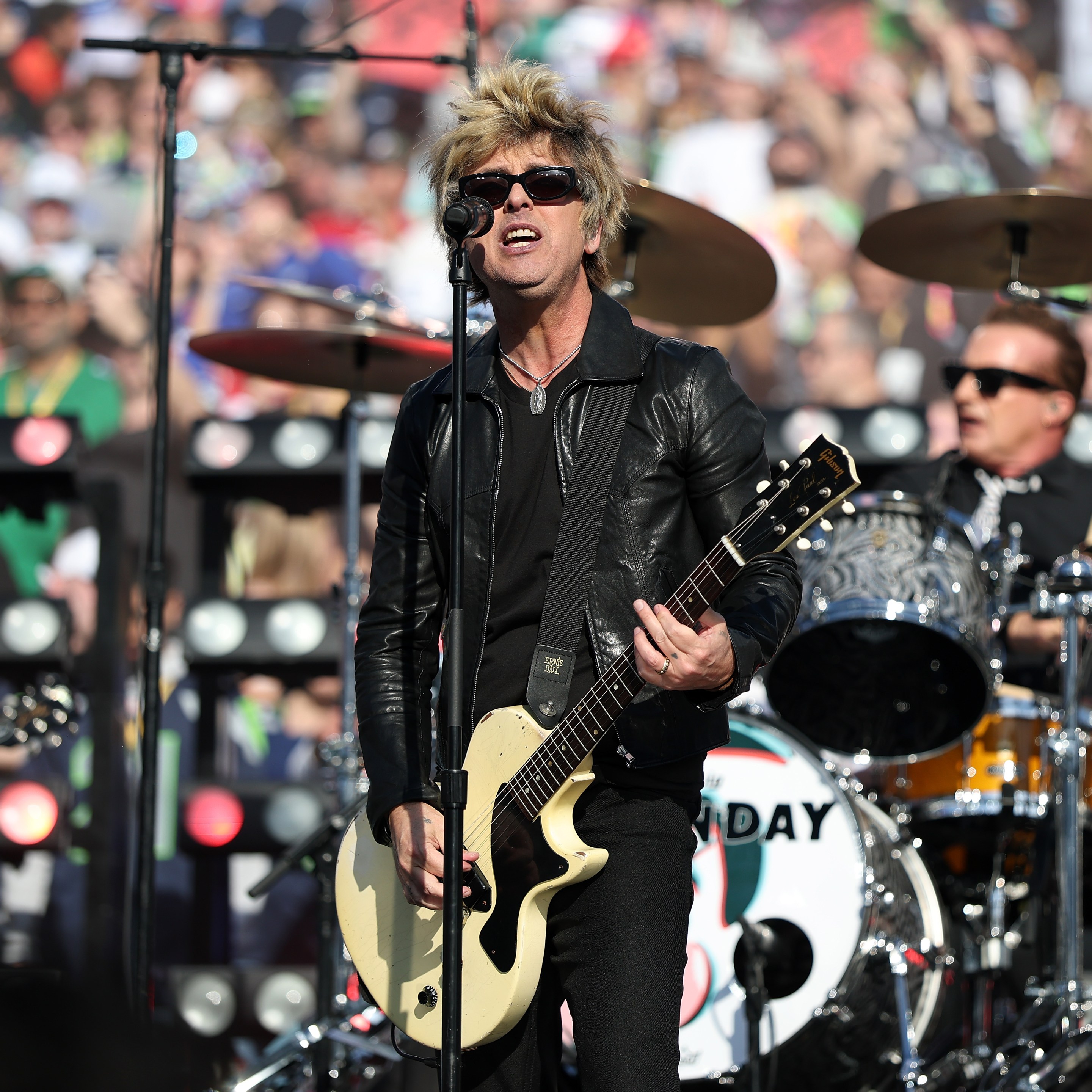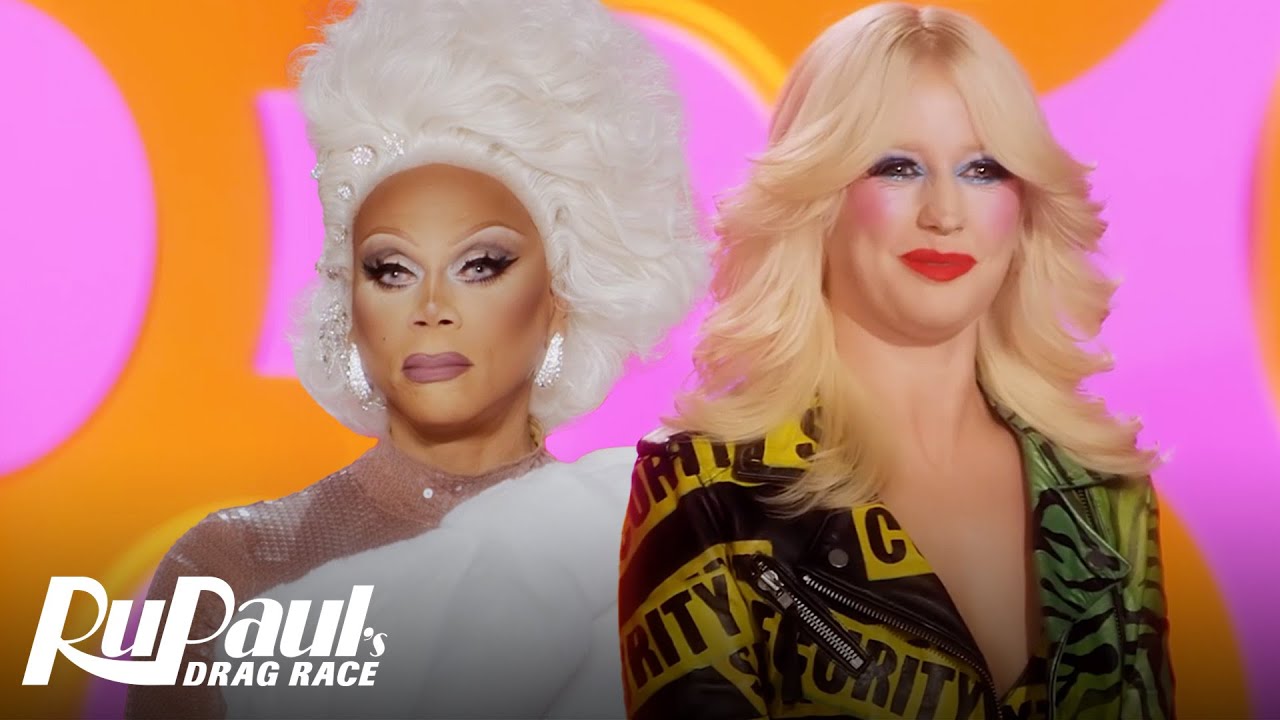In the wake of the terrorist attacks on 9/11, Clear Channel Communications circulated a list of 165 "lyrically questionable" songs. Although America's largest radio conglomerate, now known as iHeart Media, didn't enforce a strict ban on the songs on the list, it did suggest that its stations voluntarily pause playing them while the nation attempted to heal.
The list included Soundgarden's "Blow Up The Outside World," AC/DC's "TNT," Steve Miller's "Jet Airliner," Jerry Lee Lewis' "Great Balls Of Fire," Dio's "Holy Diver," Van Halen's "Jump," Talking Heads' "Burning Down The House," Dave Matthews Band's "Crash Into Me," the Beatles' "Lucy In The Sky With Diamonds," John Mellencamp's "Crumbling Down," John Lennon's "Imagine," and Frank Sinatra's "New York, New York."
Ahead of the 20th anniversary of 9/11 on Saturday, Billboard reached out to a number of artists on the list to see how they reacted at the time and how they feel about the list now. Here's Stevie Benton, bassist of Drowning Pool, whose 2001 mosh pit anthem and signature song "Bodies" became forever linked with 9/11:
The song had been out six or eight weeks and it was No. 1 or No. 2 at active rock radio at the time, and we were riding high and feeling pretty -- good about ourselves. Then 9/11 happens, and us and probably every American felt personally attacked and victimized and that was horrible and tough to deal with. Then a few days later that list comes out and "Bodies" is literally No. 1 on it -- and we didn't realize how dramatic the effect would be.
Suddenly our song, about a bunch of kids having fun at a concert [in the mosh pit], was somehow going to be forever linked with 9/11. And it turns out we were right -- and here we are 20 years later, still talking about it. Every once in a while we'll still come across someone who thinks "Bodies" is actually about 9/11, which is so frustrating. Even with that negative aspect, the song is still one of the biggest ones of that time and we're proud of the cultural impact -- but saddened that we're kind of forever tied to that tragedy.
We continued to play it, and the dramatic decrease of radio spins at the time didn't bother us -- because we thought about, "Maybe someone hears it and it would hurt their feelings." I think it had an impact on the trajectory of our career for sure. Up until that point it was nothing but up, up, up. And being tied to that list and 9/11 kind of changed our trajectory. But I don't want to sound like I'm complaining, because 9/11 affected all of us.
One of the things that makes a song good is if there's a bit of vagueness in it that lets it be interpreted by the listener, and lets them apply it to their own lives. But then if someone comes in and puts it on a list, and says it's tied to this [event], that takes away some of that ambiguity. They robbed some of the songs of that, by leaving this impression in some people's minds that they were about 9/11 or a bomb.
Read the full feature here.






